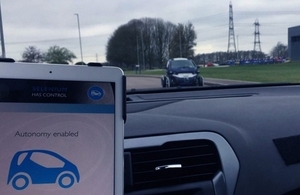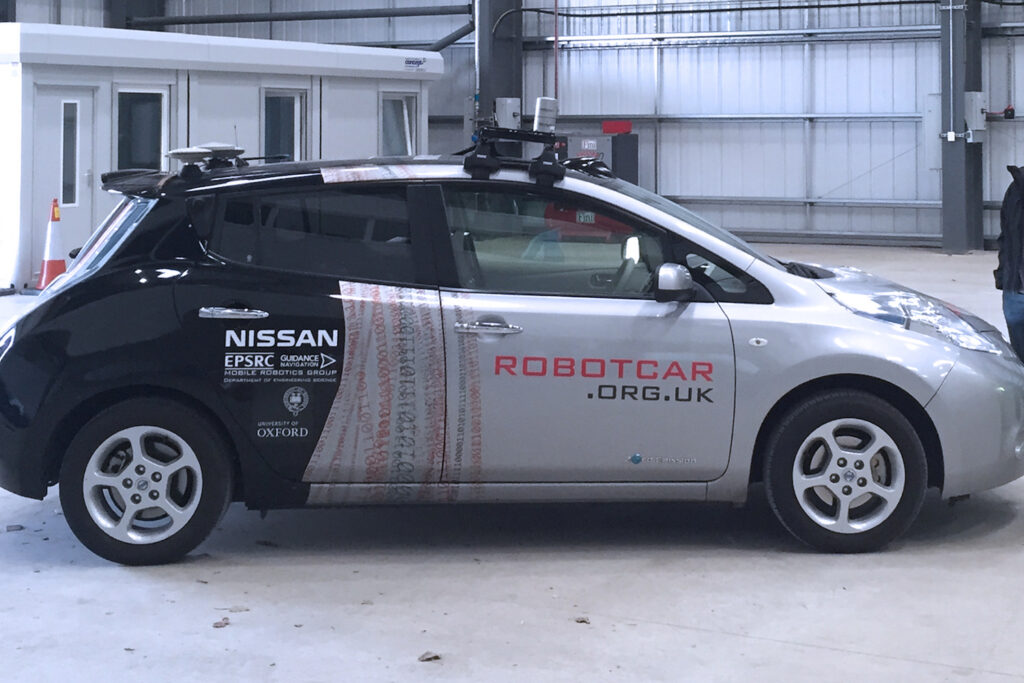A consortium of UK tech leaders announced on 24 April 2017 their £8m plans to develop a fleet of autonomous cars over the next two years.
The consortium, called DRIVEN, includes technology company Oxbotica, and RACE (Remote Applications in Challenging Environments), a research and development division of the UK Atomic Energy Authority.
Tests will take place at the Culham Science Centre, where RACE is based. The centre has 10km of private roads complete with pedestrian crossings, roundabouts and traffic lights.

Oxford-based Oxbotica, creates software for autonomous vehicles. The company is also involved in GATEway, a Transport for London project that aims to bring autonomous shuttles to Greenwich, London.
The DRIVEN project and GATEway have both been awarded funding by the Government’s Centre for Connected and Autonomous Vehicles.
Although the country’s investment in driverless technology should be celebrated, the DRIVEN project raises questions. With so many advancements in driverless technology across the world, is the UK ahead of the game, or falling behind?
Here’s what other countries are up to in the driverless race:
- The USA is home to Tesla, Google’s Waymo, Uber and a range of other tech giants keen to join the driverless race like Apple and Microsoft. State officials in California announced in March 2017 plans to allow tests on public roads of cars with no steering wheel or pedals.
- Switzerland, in 2015, took journalists on a driverless bus journey around Sion.
- Singapore, in 2016, launched a fleet of six driverless taxis available for public use.
- Israel rivals Silicon Valley in terms of smart technology start-ups. It’s also the home of Mobileye, the driverless car company bought by Intel in early 2017 for more than $15 billion.
- Germany, since 2016, has allowed Audi to offer journalists rides on the autobahn in a fully autonomous car.
- Japan is hoping to have a large fleet of driverless taxis on the roads of Tokyo in time for the 2020 Olympics.
- Dubai, part of the United Arab Emirates, hopes to operate a fleet of driverless flying cars by July 2017.
The list above isn’t to say that the UK hasn’t conducted tests and trials; indeed it has. The LUTZ Pathfinder project, for example, demonstrated a fully autonomous transport pod in Milton Keynes in October 2016.
However, the list does put the UK’s driverless efforts in a wider context. And in doing so, it seems that the country is not the driverless front-runner it perhaps aspires to be.
That said, the unbeatable British desire to make its mark on the world will no doubt see the country catch up in the next few years. That’s our hope, anyway!
The first ever driverless car insurance policy was produced by Adrian Flux, a UK company. Find out more here.

